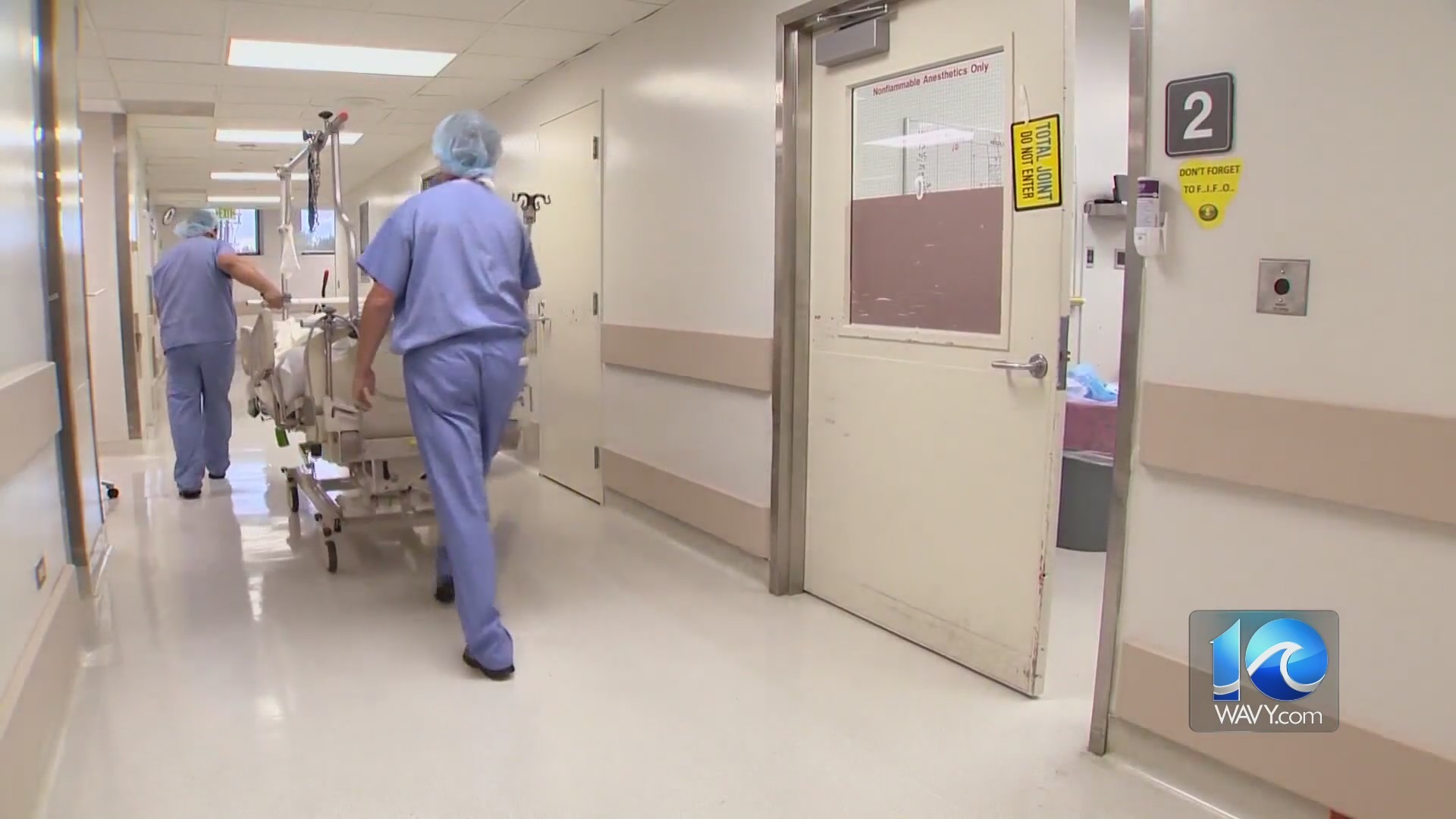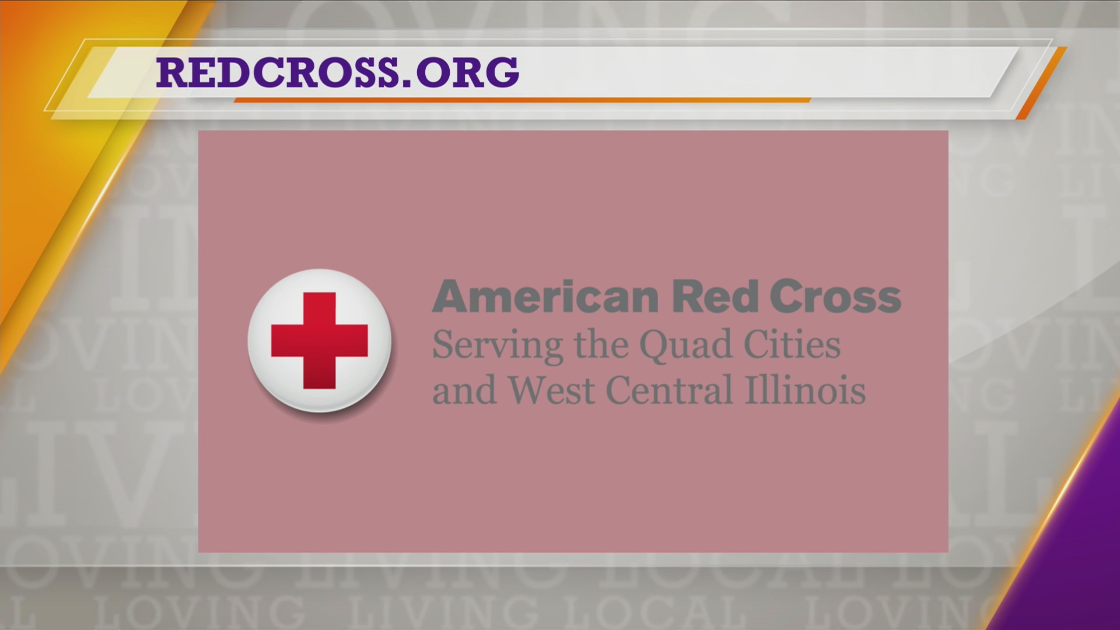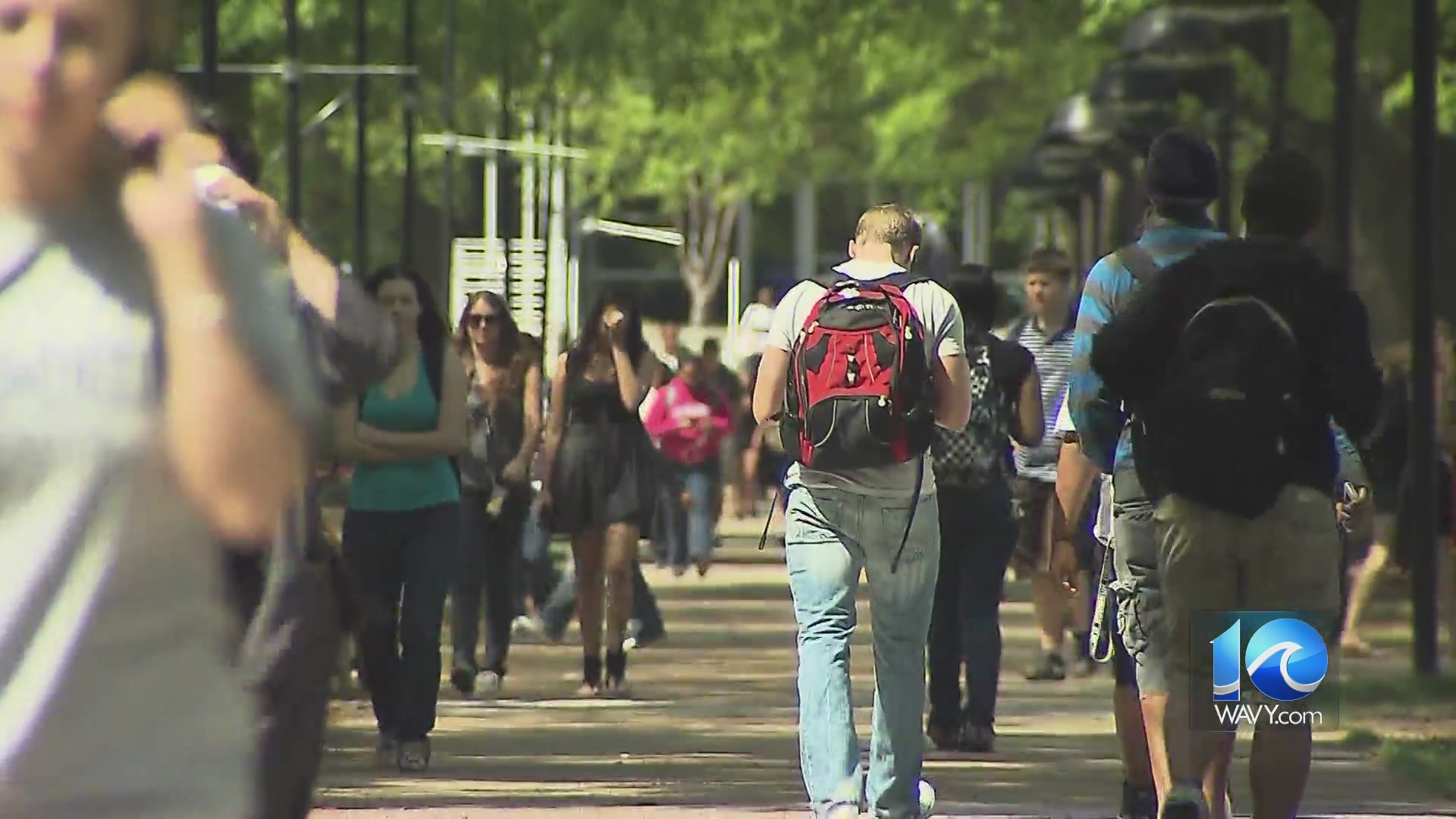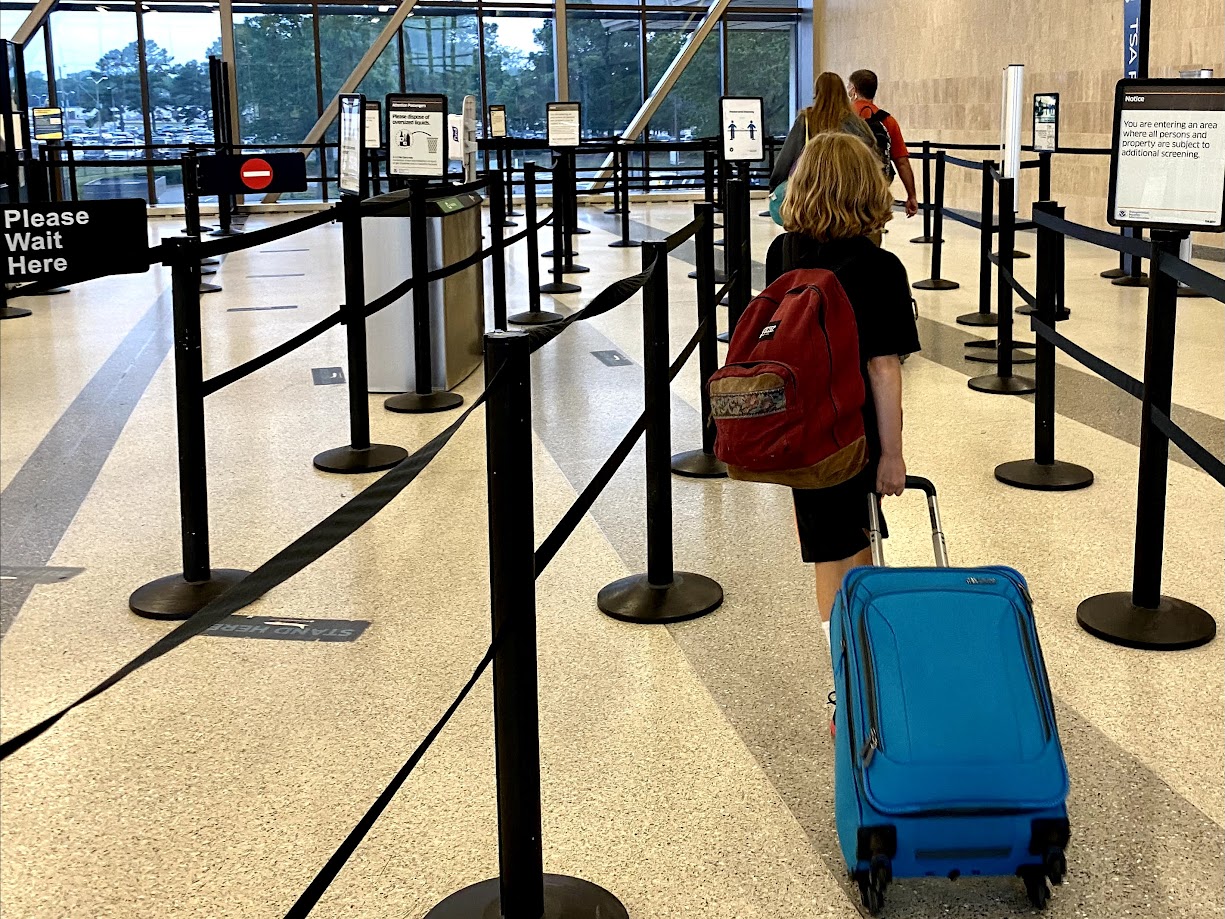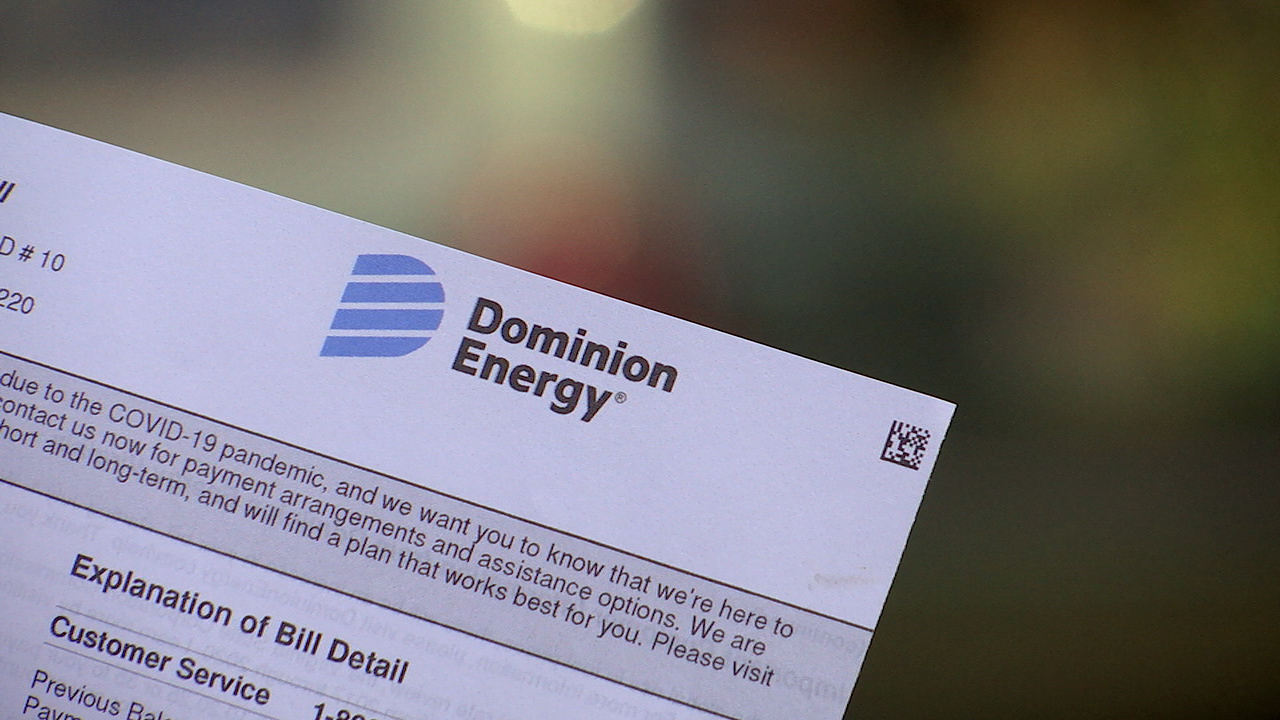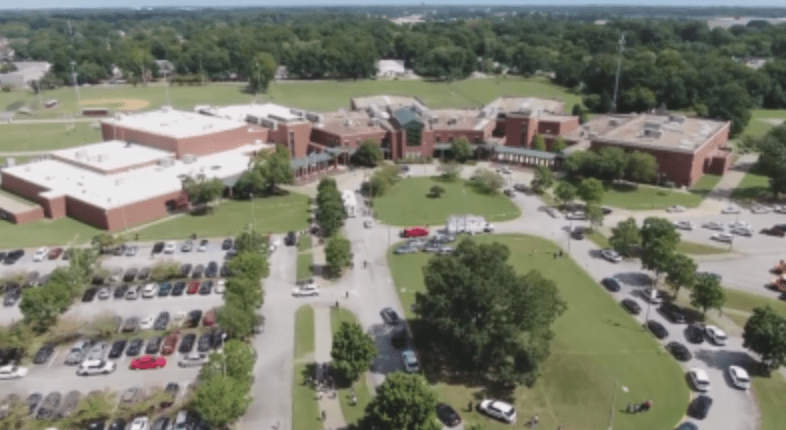RALEIGH, N.C. (WNCN) — North Carolina’s new restrictions on abortions are set to take effect Saturday.
A bill that became law when the Republican-controlled General Assembly overrode Democratic Gov. Roy Cooper’s veto last month would ban most abortions after 12 weeks of gestation.
But there are still plenty of questions about it. Here are some answers.
WHAT CHANGES WILL I NOTICE?
A lot more paperwork.
The law requires several more “informed consent” forms to be signed before the procedure and during the 72-hour waiting period.
Those will include documentation about risks, the probable gestational age of the fetus, and a listing of abortion alternatives.
For women seeking abortions through medication — the most popular method in the state, accounting for two-thirds of them in 2021, state data show — they will have to have at least two in-person visits.
The woman takes the first of the two drugs, mifepristone, during the second of those visits.
They also would have to schedule a follow-up visit, but there is no penalty for a woman who does not show up for it.
ARE THERE EXCEPTIONS TO THE 12-WEEK LAW?
Yes. They fall on a sliding scale, and they would have to be performed in a hospital.
— THROUGH 20 WEEKS: When the pregnancy is the result of rape or incest.
A woman seeking an abortion after 12 weeks because she is pregnant due to rape or incest would need to disclose the rape or incest to the doctor, who would then be required to report it to NCDHHS.
— THROUGH 24 WEEKS: If a qualified doctor determines the fetus has a life-limiting anomaly.
— NO LIMIT: If a qualified doctor determines there is a medical emergency.
IF I NEED TO TRAVEL OUT OF NORTH CAROLINA FOR AN ABORTION, WHAT’S THE BEST OPTION?
Abortions are available in Virginia through the first two trimesters, around 26 weeks.
The cutoff point in South Carolina is 20 weeks. A judge has placed a hold on a more stringent law that would ban the procedure after cardiac activity can be detected.
Abortion is banned in Georgia once cardiac activity can be detected — generally around six weeks — and is banned in Tennessee.
The Society of Family Planning’s #WeCount project tracks changes in the number of abortions by state.
It found that between April 2022 and March 2023, the number of abortions were up 44.6% in North Carolina, 41% in Virginia and 58% in South Carolina.
WHAT OTHER RESOURCES ARE OUT THERE?
Planned Parenthood answers several other questions about the procedure that are not specific to North Carolina.
The Guttmacher Institute, which tracks abortions across the country, put together this fact sheet for North Carolina.





